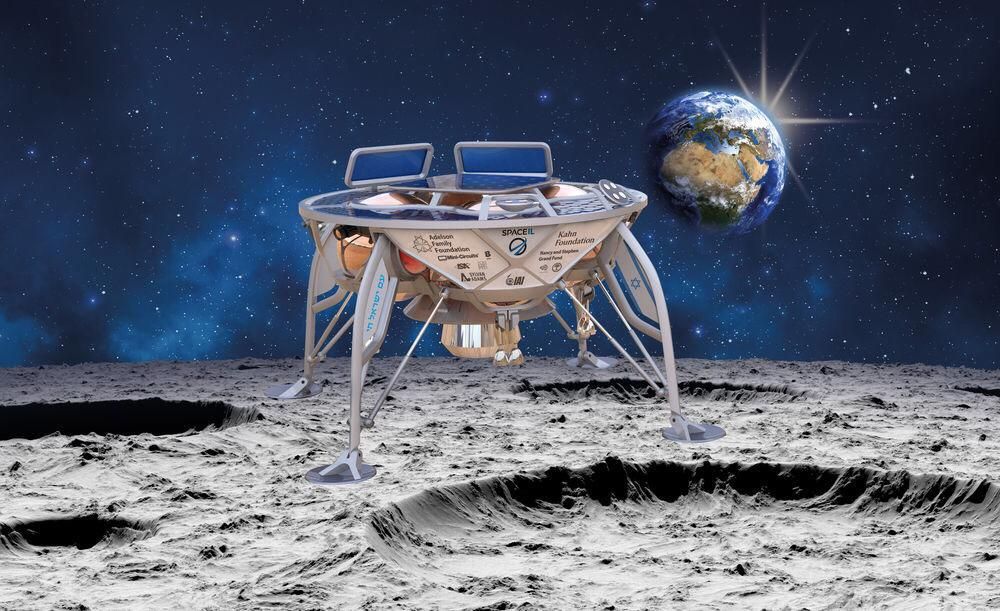When I first heard of water bears, my first thought was of giant water predators that preyed on smaller fish. I imagined the kings of the ocean, unfazed by anything that stood in their way. What I didn’t expect was a microscopic animal whose photograph needed to be taken under the lens of a microscope. These microscopic animals are tardigrades, often called water bears. They are nearly indestructible and can survive in almost all environments. According to Smithsonian.com, tardigrades can survive in temperatures ranging from -328 degrees Fahrenheit to 300 degrees Fahrenheit. These eight legged, caterpillar looking organisms are unlike any other on earth, which is probably why they will continue living on long after humanity has disappeared.

In fact, tardigrades may very well survive until our Sun itself dies out. Considering the hardiness of these species, it’s not hard to imagine why life on other planets will most likely be microscopic organisms rather than intelligent human-like species. In fact, life already exists elsewhere in the solar system! Well, only technically, and it’s only because we sent them there.

On April 11, 2019, the Beresheet spacecraft crash landed on the moon, releasing tardigrades in the process. Some people think it’s cool that there are organisms on the moon, while others are afraid of a space horror science fiction film in the making. I, for one, think it’s kind of cool that tardigrades are currently somewhere besides earth. Even though we put them there, looking at the moon at night and knowing that there exists these organisms puts smile on the part of me that hungers for the discovery of extraterrestrial life. The deeper question to ask is if we humans should be allowed to populate the moon with other organisms such as tardigrades. Monica Grady, a professor of planetary and space sciences at Open University thinks the answer to that question is no. According to her, tardigrades have breached the “pristine environment” of the moon. Personally, my stance on this topic is a bit unclear. My instinctive answer is no, but after thinking about it for a while I’m honestly not certain “no” is truly what I believe. I’ve always wanted to explore the universe, but I’ve never really thought about what we would do if we did find another planet suitable for life. Would we just sit back and not try and explore it ourselves? Humans are naturally curious, so naturally we would want to set foot down on that theoretical planet, right? I know I would, but I guess we’ll never truly know the answer.
personally, as a star trek fan, I think that tardigrades on the moon are cool, but it is damaging to the environment of the moon. My main issue with it is that if we can populate an untouched environment with alien specimens, then what does that mean for us if we encounter actual aliens in space? Does it mean we can colonize them with our own species? Does it mean we can interfere with their environment? It gets messy in essence. Another thing I am concerned about is how this could affect an environment where life could be, like Europa. For example, if this happened there and tardigrades became an invasive species there, we’d end up being like the colonists in the 17th century who infected native Americans with foreign diseases. I for one, am fan of the Prime Directive, and I think we should apply that to our own space explortation.
I remember learning about water bears in tenth grade and being so fascinated by their extreme durability. It makes me wonder how many other microscopic organisms exist that could teach us and our fragile bodies how to become more durable. Humans have already learned how to use various microorganisms to our advantage, which brings up ethical issues similar to the one you referenced about bringing tardigrades to the moon. I believe that it would have been better to keep tardigrades on Earth if we could have helped it, but I don’t think that it will cause ecological problems in the future now that it did happen. However, it is a very interesting debate regarding humans’ impact on the solar system we are still desperately trying to explore.